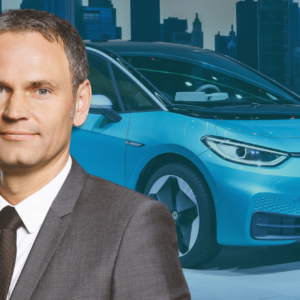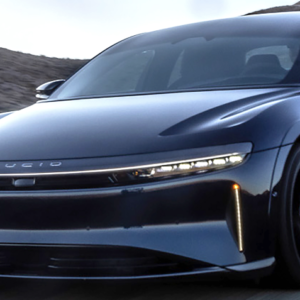As the electric vehicle (EV) revolution accelerates, a hidden challenge is emerging that’s just as significant as the much-discussed issues of battery range and charging infrastructure: software glitches. These problems are becoming a significant hurdle for major automakers, including industry giants like Volkswagen and General Motors (GM), alongside other key players such as BMW, Mercedes-Benz, and Toyota. The software struggles these companies face are causing production delays, frustrating customers, and potentially hindering the overall progress of the EV industry.
Volkswagen’s software development arm, Cariad, has encountered numerous issues, delaying the launch of pivotal models like the ID.3 and ID.4. Customers have reported problems ranging from unresponsive infotainment screens to charging and driver-assistance glitches. Similarly, GM’s Super Cruise system has faced its own set of challenges, with unexpected activations and limited functionality raising safety concerns and drawing regulatory scrutiny.
These issues aren’t confined to just Volkswagen and GM. BMW’s iX, Mercedes-Benz’s EQ models, and Toyota’s bZ4X have all faced software-related complaints, highlighting that this is an industry-wide issue. From infotainment system freezes to recalls due to software problems affecting vehicle safety, the breadth of these challenges underscores the critical role software plays in modern EVs.
The way forward for automakers is clear yet challenging. Prioritizing software development, embracing rigorous testing, and fostering transparent communication are essential steps. Companies must invest in building or partnering for software expertise and adopt agile methodologies to swiftly address issues. This focus on software is not merely about enhancing features but ensuring the core functionalities and safety of EVs.
As automakers navigate this software maze, their ability to quickly identify and rectify these glitches will be crucial. The industry’s shift towards electrification not only demands innovations in battery technology and infrastructure but also a rethinking of how vehicles are designed and built in the digital age. For companies like Volkswagen, GM, BMW, Mercedes-Benz, and Toyota, overcoming software hurdles is essential for maintaining consumer trust and securing a leading position in the future of mobility. The journey ahead is complex, but with a focused approach to software development and testing, automakers can ensure that their EVs are not only environmentally friendly but also reliable and safe for consumers.










